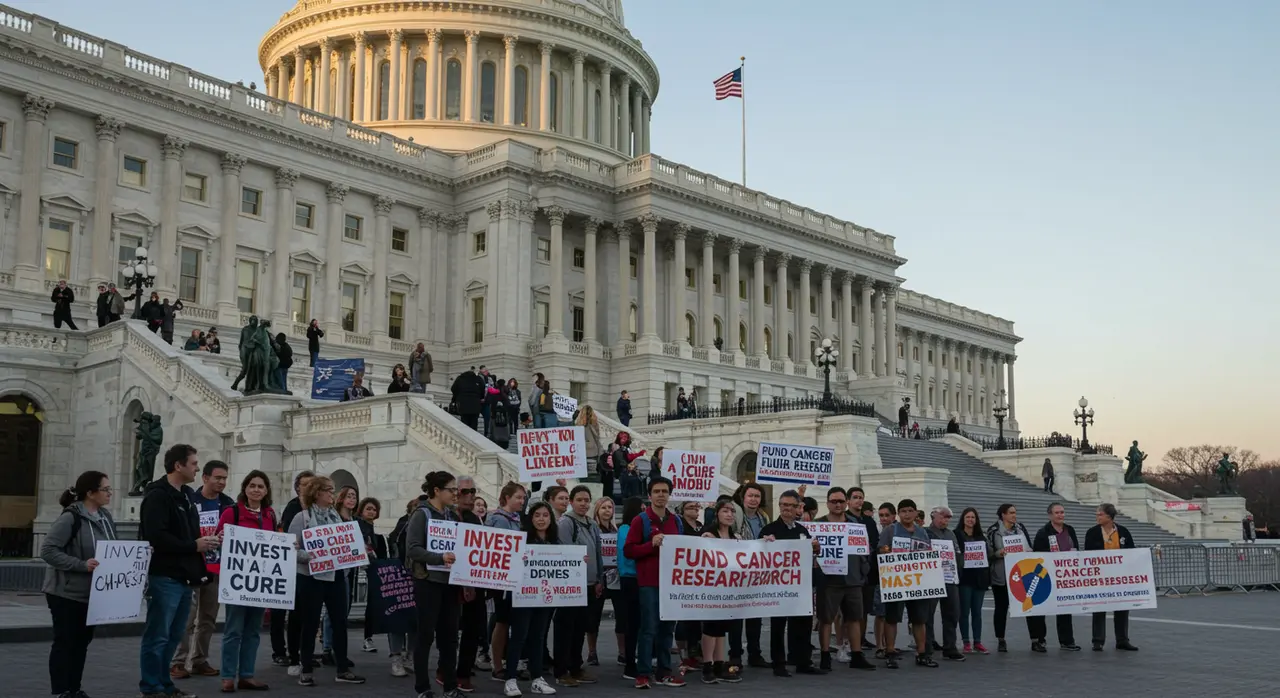Cancer Survivor Advocates for Research Funding with Senators King and Collins in Washington
32 views
Jeff Bennett, a cancer survivor and dedicated volunteer, journeyed to Washington, D.C., as part of the One Voice Against Cancer Coalition, a nationwide advocacy group pressing for robust federal investment in cancer research. His mission was clear: to amplify the voices of millions affected by the disease and ensure their struggles are met with action in the halls of power. Senators Angus King and Susan Collins, representing Maine, responded with heartfelt pledges to continue championing the needs of cancer patients and their families in the Senate, underscoring their commitment to advancing research and support programs.
Bennett’s visit comes at a critical juncture, as projections indicate that by 2025, the United States will face 2 million new cancer diagnoses annually, with Maine alone expected to see over 11,000 cases. These staggering figures cast a stark light on the urgency of sustained efforts to combat a disease that touches nearly every community. For survivors like Bennett, the fight is personal, but it is also deeply communal—a shared battle against an adversary that respects no boundaries. His advocacy reflects a growing movement to ensure that federal funding keeps pace with the rising tide of cancer cases and the evolving landscape of medical research.

The senators’ pledges are a welcome assurance, yet they serve as a reminder of the delicate balance between promises and tangible outcomes. Federal funding for cancer research has made significant strides in recent years, yielding breakthroughs in treatments and diagnostics, but the battle remains far from won. For communities like those in Maine, where access to specialized care can be limited, the stakes are particularly high. Bennett’s testimony is a powerful call to action, urging lawmakers to prioritize not just the science but the human stories behind the numbers.
In reflecting on Bennett’s advocacy, one cannot ignore the profound resilience of individuals who transform their personal battles into catalysts for change. His journey to Washington is emblematic of a broader truth: that progress in the fight against cancer is fueled not just by laboratories and legislation, but by the collective will of survivors, advocates, and policymakers united in purpose. As the nation braces for the projected rise in cases, the urgency to act grows ever more pressing—a reminder that every voice, whether in a hospital room or the halls of Congress, carries the potential to shape the future.